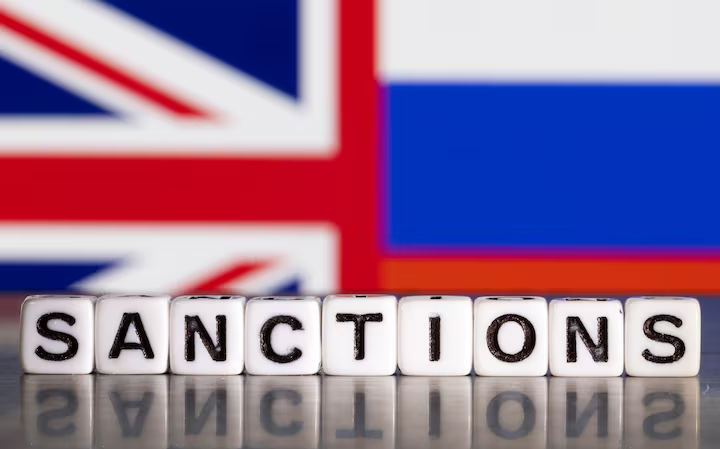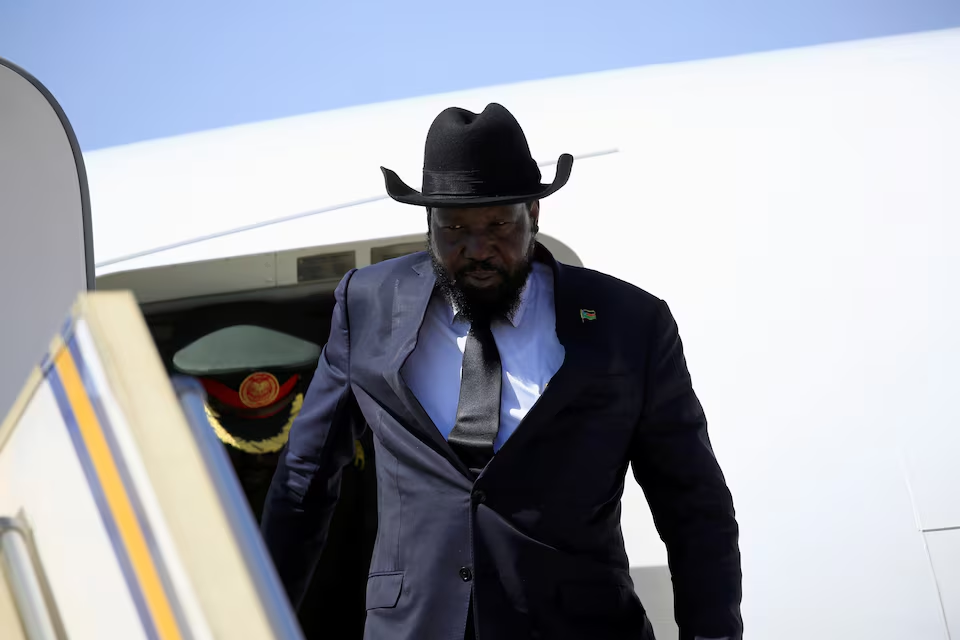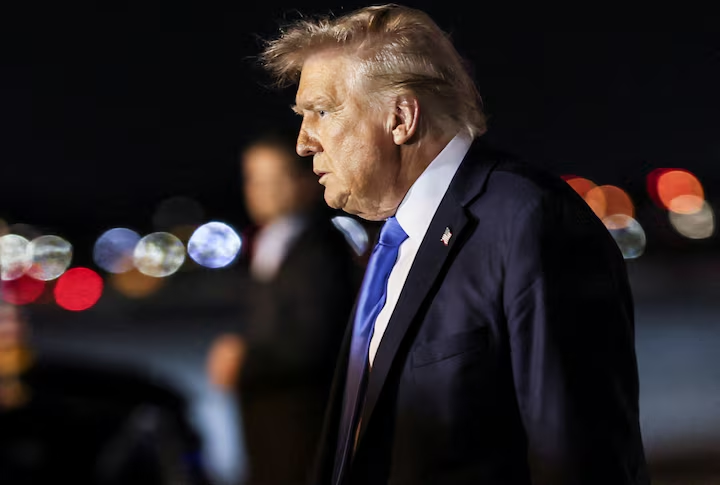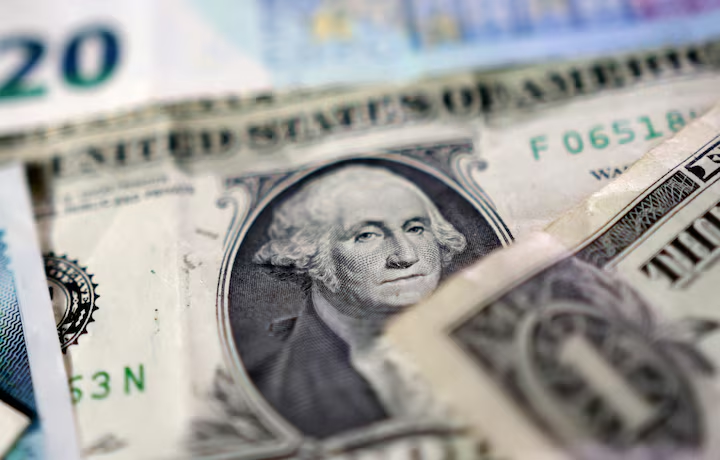The United Kingdom has expanded its sanctions against Russia, adding 82 new designations on Tuesday, May 20, 2025, in a continued effort to exert pressure on Moscow over its invasion of Ukraine. The latest measures target individuals and entities accused of enabling Russia’s war machine, including key figures in defense, finance, and propaganda sectors.
The UK’s Foreign Office stated that the new sanctions are aimed at “tightening the noose” around Russia’s ability to fund and sustain its aggression. Those newly listed include senior military officials, arms manufacturers, and Kremlin-aligned media figures accused of spreading disinformation to justify the war.
“We will not stand by while Putin wages a brutal war that violates international law and devastates innocent lives,” said UK Foreign Secretary David Lammy. “These sanctions send a clear message: the UK will continue to isolate those who support and profit from this illegal war.”
Among those targeted are executives from Russia’s state defense conglomerate Rostec, senior officers involved in missile operations in Ukraine, and financial operatives managing Russian sovereign assets. The UK also sanctioned several companies involved in producing unmanned aerial vehicles (UAVs) and missile systems, which have been widely used in attacks on Ukrainian cities.
The sanctions include asset freezes, travel bans, and restrictions on doing business with UK-based entities. Several newly sanctioned individuals are already under sanctions by the European Union and the United States, reflecting growing coordination among Western allies.
Tuesday’s announcement brings the total number of individuals and entities sanctioned by the UK since Russia’s full-scale invasion in 2022 to more than 2,000, marking one of the most comprehensive and sustained sanctions regimes in British history.
The move also coincides with a fresh wave of Russian airstrikes on Ukraine, including deadly missile attacks on Kyiv and Kharkiv, which have intensified global calls for greater accountability and support for Ukraine.
“We must keep up the pressure until Russia ends this war and pays for its actions,” Lammy added.
The UK’s approach has emphasized targeting sectors that sustain the Kremlin’s war economy, including energy, technology, banking, and military logistics. British officials say these measures are designed to degrade Russia’s ability to wage prolonged warfare and to cut off resources flowing to oligarchs and political elites.
In response, the Russian Foreign Ministry condemned the new sanctions, calling them “hostile and illegitimate,” and threatened “reciprocal measures” against British nationals and companies. Moscow has consistently dismissed Western sanctions as ineffective, though economic data suggests a deepening impact on Russia’s economy, particularly in high-tech imports and financial services.
Meanwhile, Ukrainian President Volodymyr Zelenskyy welcomed the UK’s decision, stating that continued pressure is vital to “confronting tyranny with resolve.” He also urged other allies to follow suit and close any remaining loopholes that allow Russian assets to move internationally.
The UK’s sanctions regime has been praised for its speed and precision, especially in the early days of the conflict, when high-profile Russian oligarchs saw yachts seized, luxury properties frozen, and investments blocked. However, experts warn that enforcement remains a challenge, particularly in tracking complex asset transfers and offshore holdings.
As the war continues with no clear resolution in sight, the UK has reaffirmed its commitment to long-term support for Ukraine, both militarily and diplomatically. Sanctions, British officials insist, will remain a core pillar of their Ukraine strategy until Russia fully withdraws and respects Ukrainian sovereignty.
With this latest round, the UK aims to maintain momentum in the global effort to isolate the Russian regime — and to ensure that those fueling the war face real and lasting consequences.
Source; Reuters



